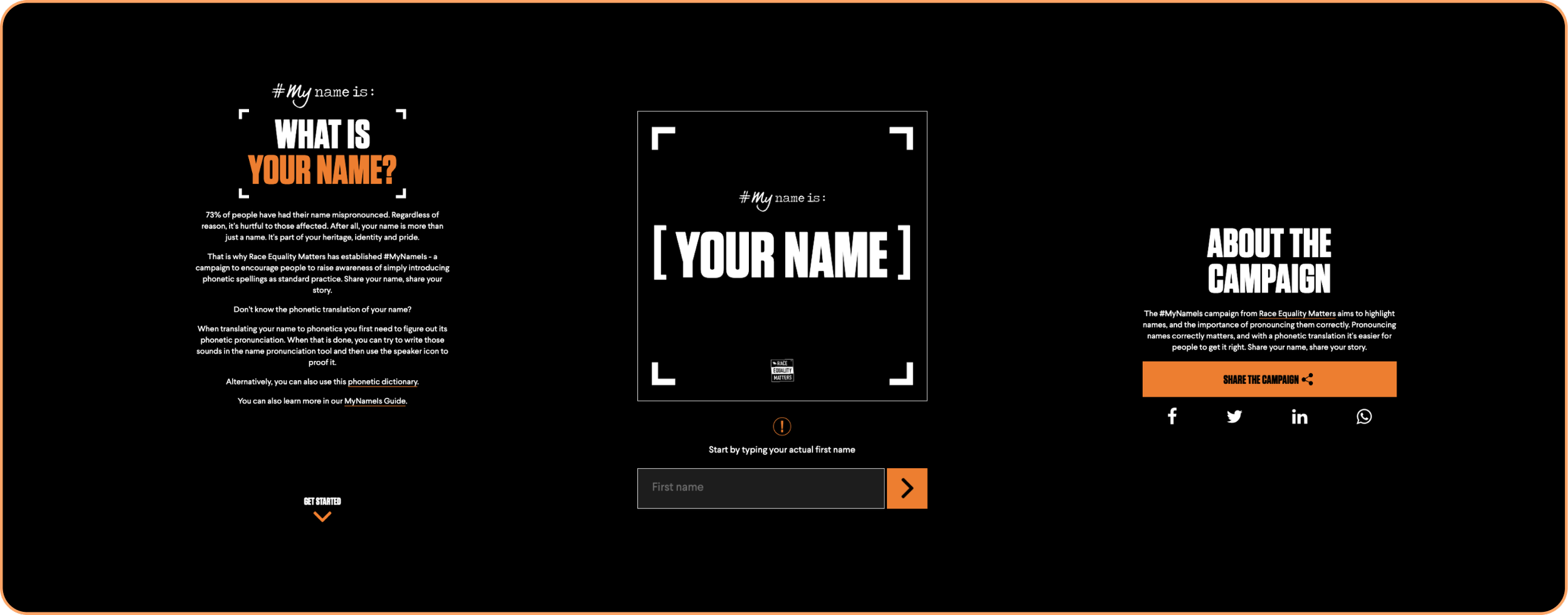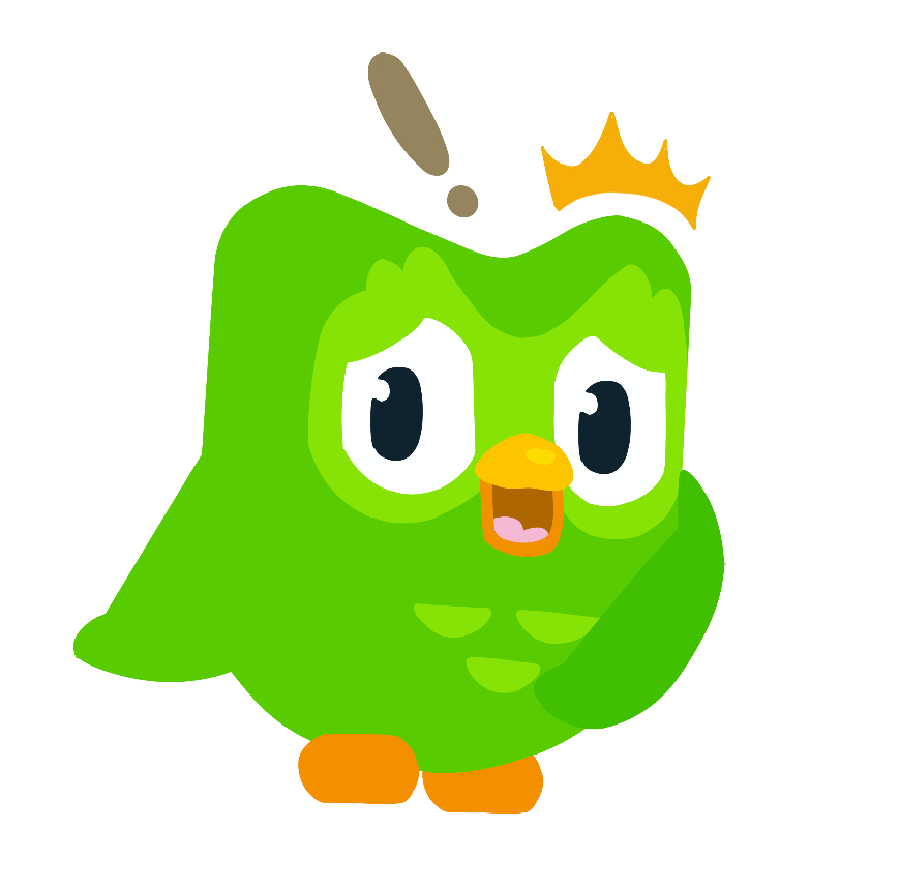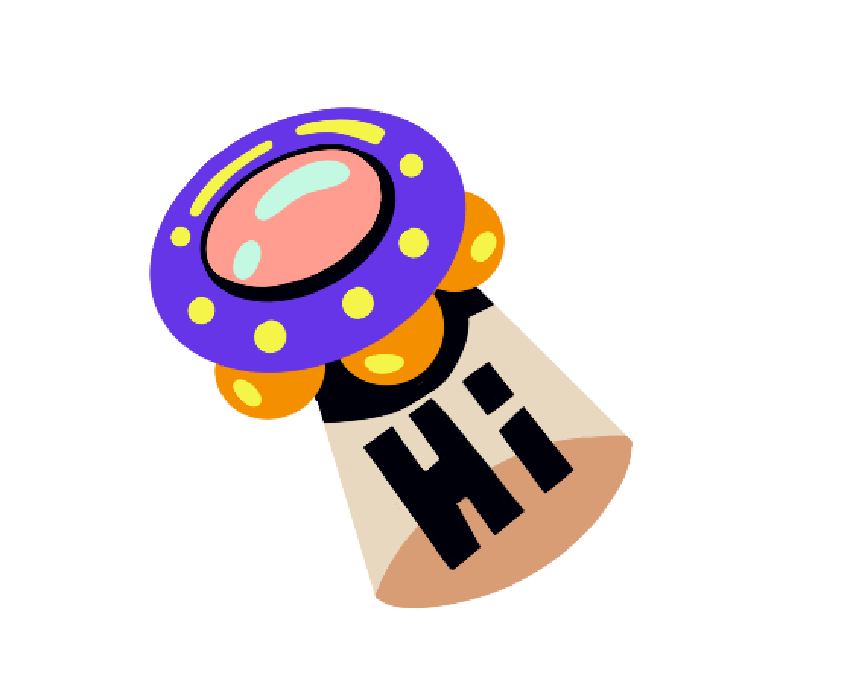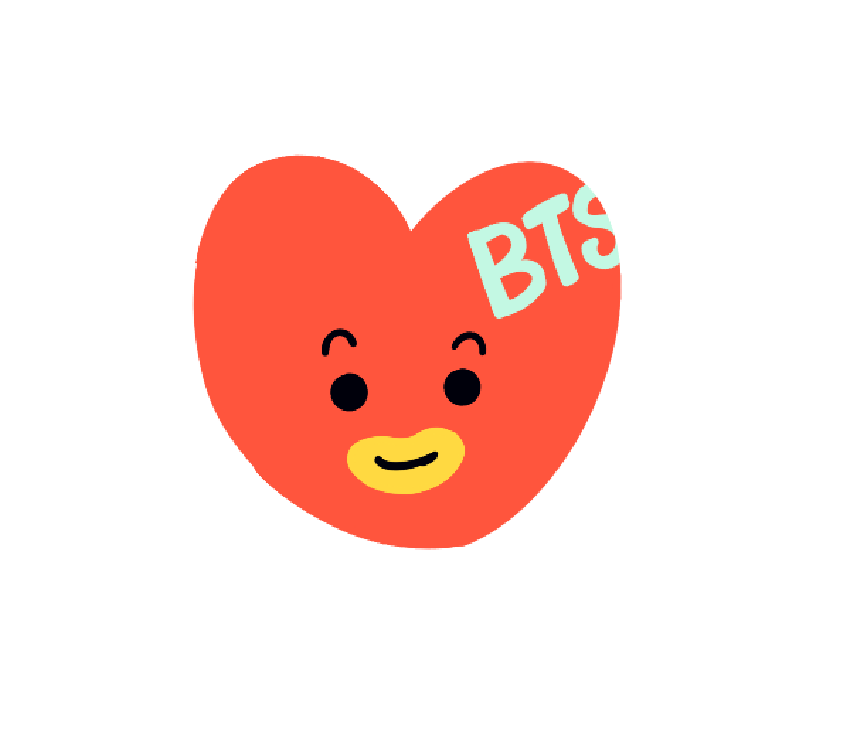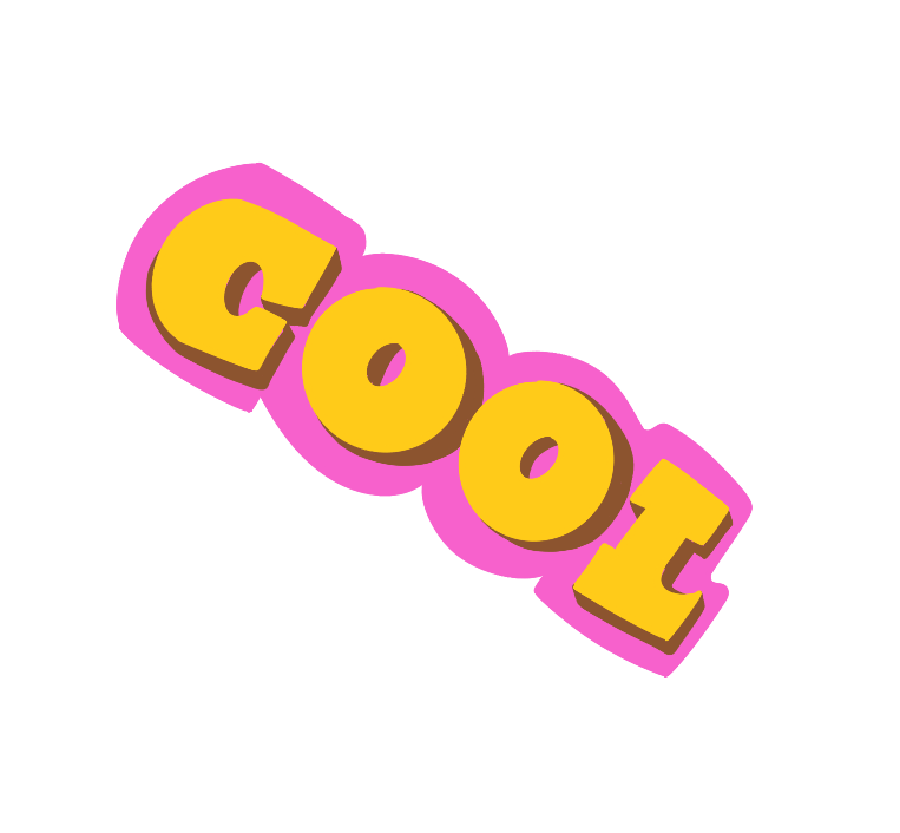Purpose
Duolingo's "Name Matters" campaign is a campaign designed to address the common experience of name mispronunciation among Gen Z users. This project combines interactive product thinking with brand storytelling to create a personalized name card system for web and mobile.
Duolingo Name Card #Name Matters. Campaign
Responsibility
Visual Storytelling
Campaign Strategy
AR Experience Design
Interactive Concepting
Credits
The One Club Program for Duolingo
Edelman Mentors
Jesse Suchmann, Executive Creative Director
Megan Skelly, Executive Creative Director
Design and Creative Team
Zixuan Zhang, Kefan Shi, Neige Guo, Gabriela Bastidas
Timeline
8 weeks
Spring 2024
My Role
Visual Designer – Concept & Strategy
Summary
Duolingo wanted a fun, shareable campaign to connect with Gen Z and millennials while staying true to their playful tone and Duo the Owl.
We created the Duolingo Name Matters campaign to make name-sharing fun and inclusive. Using AR to help Gen Z overcome social barriers and celebrate cultural diversity through interactive experiences. We hope this campaign can tackle the common issue of name mispronunciations in diverse university settings.
Through The One Club program with Edelman, we presented our design to other studio team pitch, and finally had a pitch with James Kuczynski, Global Sr. Creative Director, Brand & Marketing at Duolingo.
What makes this topic worth exploring?
Phenomenon
The phenomenon of mispronouncing names happens all the time in the life. According to Race Equality Matters, about 73% of people have experienced having their names mispronounced.
As part of Gen Z, we have always cared about international students from diverse backgrounds. According to NCEC and OpenDoors Data, nearly 1 million international students from different countries and cultures come to the U.S. each year.To better understand their experiences, our team conducted interviews with 10 students from China, Japan, and Chile living in Western countries. In the interviews, we amazingly felt the phenomenon of negative emotions by mispronouncing names.
“My name has never been pronounced correctly."
“It's a pain to keep telling them how to pronounce my name, so I just accept it.”
“I felt pressured to introduce my real name, so I adopted a more ‘Americanized‘ name."
“The professor looked at me and said:’ I know that face, I just cannot pronounce your name’."
Research Summary and Problem
We found that name mispronunciation can cause name shame. It can impact cultural identity, especially for Gen Z international students.
So… What’s the point here? And what campaign can we bring with Duo?
Competition Research: Learning from Existing Campaigns
After identifying the problem, we researched similar campaigns that highlight the significance of names:
Starbucks #WhatsYourName – Launched in the UK, this campaign celebrates gender diversity, particularly transgender stories. While focused on gender identity, it reinforces the power of names in personal identity and multicultural respect.
Race Equality Matters #MyNameIs – A movement dedicated to sharing name stories and correct pronunciations, especially for non-English names. It emphasizes cultural significance and identity.
While #MyNameIs aligns closely with our goals, we aim for a younger, more playful approach. And we hope to reduce pressure and negative emotions. Our campaign aims to be fun and optimistic, and Duo’s personality makes name-sharing an engaging experience for Gen Z.
Pain Point #1
Lack of Accessible Information
Many names from different cultures have unique pronunciations, but there are limited easy-to-use tools to help people learn them. This leads to frustration and social avoidance in diverse environments like universities.
Pain Point #2
Lack of Engaging and Fun Learning Methods
Traditional pronunciation tools are often dry and unattractive. Gen Z prefers interactive, playful experiences that encourage participation. Without an interesting format, people may not feel motivated to learn and use correct name pronunciations.
Pain Point #3
More Personalization & Identity Expression
Names hold cultural meaning, but digital spaces often ignore their deeper significance. Platforms like Duolingo, known for their mascot-driven, gamified experience, can bridge this gap by offering custom avatars, visual storytelling, and interactive learning tools.
Question
How do people share their names and their stories?
How might we make it easy to pronounce names correctly?
How might we make sharing names to be fun and cool?
Ideation
OK! Now that we have questions and the information, let's imagine that…
If we create a Duolingo-connected tool that helps fix mispronunciations in a playful and interactive way, it could make learning names easier and could make sharing names playful and reach a wider audience.
Timing: Name Share During Orientation Days
In this campaign, we aimed to infuse fun into learning, inspired by Duolingo's playful brand culture. Our goal was to make the introduction of the name less awkward and more engaging. We hope the campaign with the humor and lightheartedness seen in social media content about mispronouncing names. At the same time, we aimed to highlight that name pronunciation is an important issue that needs to be addressed.
Names are personal and essential, but they can also be fun. A playful approach can reduce awkward first meetings and make introductions more enjoyable. This is so helpful for Gen Z and Millennials during Orientation Days, a time of excitement and nervousness. We hope to create a comfortable and memorable by making name introductions enjoyable and lighthearted.
Now, let’s share our product to the campaign!
Duolingo Name Card #Name Matters
Our Solution:
Making Name Sharing Playful, Interactive & Easy
To solve issues, we designed an interactive digital experience that integrates social media, AR, and storytelling to promote correct name pronunciation in a fun, shareable way.
This project helped people celebrate their names and identities, while also making Duolingo more relevant, visible, and shareable online.
Step 1: Creating a Personalized Name Card
Users enter their name, select their cultural background, and provide a short story behind it.
The system generates a custom "e-ID" card featuring their name, pronunciation, and your story of your name, which can be downloaded and shared.
The story section will be a bridge to share your culture, meanwhile, it may bring a deep connection with your identity.
Step 2: Speak & Hear the Name Correctly
Our product encourages users to record themselves saying their name to ensure accurate pronunciation and emotion.
The video recordings are integrated into an interactive name-sharing feature, allowing others to hear and learn how to say it correctly.
Step 3: Making Names Shareable & Fun with AR & Gamification
Users can use AR filters to create fun, visually appealing content on TikTok, Instagram, and Twitter.
Videos and name content breakdowns highlight tone, syllables, and cultural elements, making learning more intuitive.
Final Step : Sharing with your friends and tag us on the social media!
Download your Duo e-ID Card in your welt, spreading the cards in your campus now!
A social #NameMatters Challenge encourages people to share their name stories. It will also spread awareness while boosting engagement.
Well, I am glad to share our Duo energy project with you! And back to the Pain Points that we have done!
Lack of Accessible Information - We provide name pronunciation, meanings, and stories in a shareable format.
Lack of Engaging and Fun Learning Methods – We use AR filters, gamification, and social media challenges for interaction.
More Personalization & Identity Expression – We use custom e-ID cards and avatars to showcase cultural identity and uniqueness.
This is us! Our team member!
Result
A great Pitch to Duolingo!
The Duolingo Name Matters project was completed in Spring 2024, thanks to the support of The One Club and Edelman team, our mentor, Jesse and Megan . After The One Club team group pitch, our group had the incredible final opportunity to pitch our strategic campaign to James Kuczynski, Global Sr. Creative Director, Brand & Marketing at Duolingo. Though our pitch wasn’t ultimately selected, the experience was invaluable.
Yes! And we learned a lot!
Through feedback and discussions with James, we gained more profound insights into the connection between brand strategy and creativity. This process highlighted both our strengths and areas for growth. I would like to say it has shaped how I think about brand storytelling moving forward.
Thanks, Jesse! I am glad to the time with you and the team!
Wishes
Polishing the Campaign/Product and Bringing Ideas to Life
We are grateful for the chance to create this campaign. It helped us sharpen our skills in design thinking, teamwork, user research, and execution. This experience has strengthened our passion for bringing ideas to life. We’re excited about future opportunities to create meaningful and impactful products.
Embracing new possibilities with UX and exploring innovative solutions!
For my self-exploration, this project can be a turning point. It has triggered my interest in an exploration of Product Design and User Experience, which has also inspired me to push the my creative boundaries.
Other
AR Filter Design
AR Filter Design
We focused on Gen Z’s love for stickers, a fun and expressive way to show emotions, interests, and individuality. Stickers are a big part of self-expression on social media and daily life.
With Duo’s playful and quirky personality, I designed a set of interactive stickers using Spark AR to bring out its unique charm. These stickers add personality to the platform and create a fun and narrative vibe where Gen Z can express themselves and show their energy. Our goal is to make name-sharing more fun, memorable, and personal.




